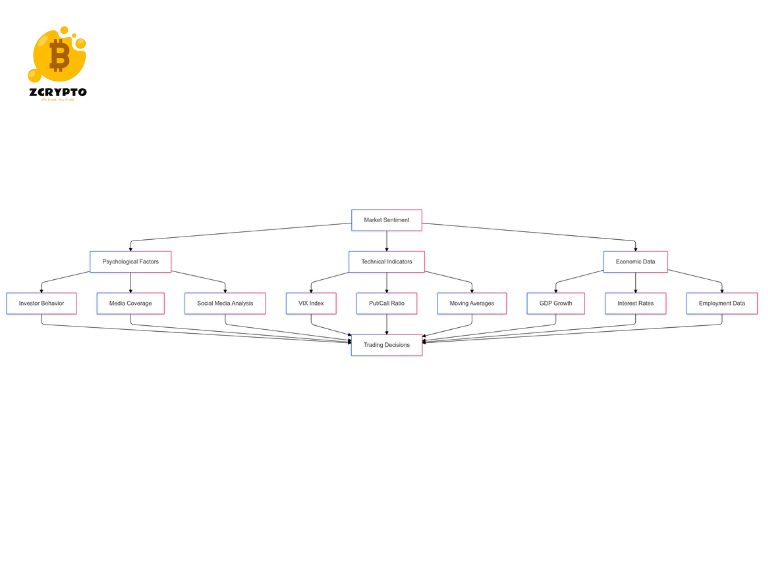Understanding Accrued Income: How to Record and Manage Earned But Unreceived Revenue
Accrued income, a crucial concept in financial accounting, often leaves many business owners and accountants scratching their heads. But what exactly is accrued income, and why is it so important? In simple terms, accrued income refers to revenue that has been earned but not yet received. This could be from services rendered but not billed, interest on investments, or rent earned but not paid. Understanding and properly managing accrued income is vital for accurate financial reporting and sound business decision-making. This article aims to provide a comprehensive guide on recording and managing accrued income.
- Mastering the Bear Spread: A Comprehensive Guide to Bearish Options Strategies
- Understanding Add-On Interest: How It Works and Why It Costs More Than Simple Interest
- What is Music NFT? Transforming Artist-Fan Relationships
- Unlocking Arbitration in Finance: A Comprehensive Guide to Dispute Resolution in International Business
- Understanding the Alternative Depreciation System (ADS): How It Impacts Your Business Taxes and Financial Planning
What is Accrued Income?
Accrued income is revenue that has been earned by a business during a specific period but has not yet been received in cash form. For example, if a consulting firm completes a project in December but doesn’t bill the client until January, the revenue from that project is considered accrued income for December. Other examples include interest on investments or rent earned but not yet paid by tenants.
You are viewing: Understanding Accrued Income: How to Record and Manage Earned But Unreceived Revenue
Key Principles of Accrued Income
The concept of accrued income is deeply rooted in the accrual accounting method, which differs significantly from the cash accounting method. In accrual accounting, revenues and expenses are recognized when they are earned or incurred, regardless of when cash is exchanged. This aligns with two key principles of Generally Accepted Accounting Principles (GAAP): the revenue recognition principle and the matching principle.
The revenue recognition principle states that revenue should be recognized in the period it is earned, regardless of when cash is received. The matching principle requires that expenses be matched with the revenues they help to generate. These principles ensure that financial statements accurately reflect the financial performance of a business over a given period.
Recording Accrued Income
Recording accrued income involves a straightforward process:
1. Debit the appropriate account (usually Accounts Receivable or an Accrued Revenue account).
2. Credit the relevant revenue account.
For instance, if a company earns $10,000 in consulting fees in December but won’t receive payment until January, the journal entry would look like this:
Debit: Accounts Receivable ($10,000)
Credit: Consulting Revenue ($10,000)
When the payment is received in January, another journal entry would be made to reflect the cash receipt:
Debit: Cash ($10,000)
Credit: Accounts Receivable ($10,000)
Classification on the Balance Sheet
See more : Understanding the 11th District Cost of Funds Index (COFI): How It Impacts Your Mortgage Rates
Accrued income is classified as a current asset on the balance sheet because it represents amounts that are expected to be received within one year or within the company’s normal operating cycle. This classification reflects the company’s right to receive payment in the near future.
Examples and Scenarios
Let’s consider a few real-world examples to illustrate how accrued income works:
– A consulting firm completes a project worth $50,000 in December but doesn’t bill the client until January. Here, $50,000 would be recorded as accrued income for December.
– A trash collection service bills its customers on a six-month cycle. If services were provided from July to December but billed in January, the revenue earned from July to December would be considered accrued income.
These examples highlight how businesses can earn revenue without immediately receiving cash and how this impacts their financial records.
Deferred vs Accrued Revenue
It’s important to distinguish between deferred revenue (unearned revenue) and accrued revenue:
– Deferred Revenue: This occurs when a company receives payment before delivering goods or services. For example, if a software company receives an annual subscription fee upfront but provides services over the year.
– Accrued Revenue: This is revenue that has been earned but not yet received in cash form.
Understanding this difference helps in accurate financial reporting and compliance with accounting standards.
Tax Implications and Financial Reporting
Accrued income has significant implications for both tax purposes and financial reporting. From a tax perspective, businesses must report accrued income in the year it is earned, even if they haven’t received payment yet. This ensures that taxable income aligns with the period in which it was earned.
In terms of financial reporting, accurately recording accrued income ensures that financial statements reflect the true financial performance of the business. This accuracy is crucial for stakeholders such as investors and creditors who rely on these statements for decision-making.
FAQs
When Should Accrued Income Be Recorded?
Accrued income should be recorded in the period it is earned, regardless of when payment is received.
How Does Accrued Income Differ From Accounts Receivable?
While both involve amounts owed to a business, accounts receivable typically refers to specific invoices or bills sent to customers that are expected to be paid within a short period. Accrued income, on the other hand, includes all revenues earned but not yet billed or received.
By grasping these concepts clearly, businesses can ensure their financial statements are accurate and reliable, leading to better decision-making and financial health.
Source: https://summacumlaude.site
Category: Blog







